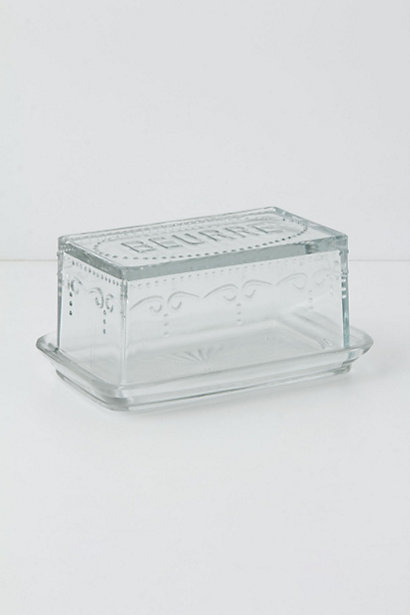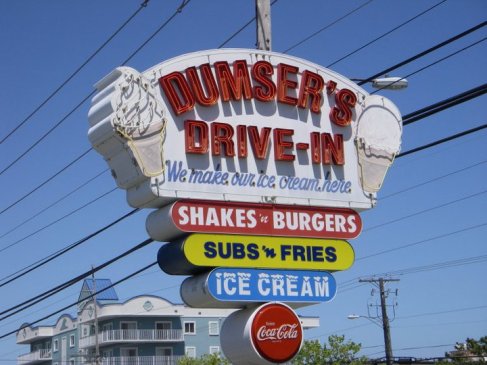As any recent graduate with a degree in English knows, a lot of articles are been written about the plight of the Humanities. I am frequently given articles by friends, relatives, my parents, and even my current boss, about how Humanities education is: failing, a necessity, makes people smarter, obsolete, or beautiful but tragically useless in the current economy. The mixed messages are a bit exhausting to wade through.
Some authors, such as Peter Berkowitz for the Wall Street Journal, are blaming the current educational system for being too narrow in scope and therefore irrelevant to the larger society. Berkowitz suggests that universities have strayed from a classically liberal education in favor of increasingly obscure topical studies that are designed for the specific interests of the professors rather than for the greatest benefit to the students. He believes the decline of the Humanities degree is due to narrow fields of scholarship that “contribute little to students’ grasp of the broad sweep of Western civilization and its literary, philosophical and religious masterpieces.”
Having just completed a degree in English at a state university, I can sympathize with Berkowitz’ argument to some degree. I have a Bachelor of Arts degree, yet I feel I am still lacking a mastery of the “broad sweep of Western civilization.” My undergraduate program for a major in English with a Literature concentration and a minor in Art History consisted of the following:
17 courses in English, both writing and literature
7 courses in Art History
4 courses in Studio Art
3 courses in French
2 courses in Science
1 course each in: Math, Public Speaking, Music Appreciation, Psychology, World Religion, Geography, History.
The average college student is required to take one semester of history. As a humanities major, I have had constant exposure to additional historical education through the literature I read and the study of art history, but what about non-humanities majors? A student of computer science takes one course in history, one course in composition, and one course in literature. I’m not sure what Berkowitz’ ideal curriculum for covering the greater picture of Western civilization would include, but I doubt it would fit within the constraints of the current 4-year university program.
So is this a problem? Are humanities majors unemployable simply because we don’t study enough history or read the right books? Will I never find work because my professors assigned Louise Erdrich instead of Herman Melville? Am I forever doomed for choosing Women Writers instead of World Masterpieces II in my junior year?
To answer that, I’ll introduce another article. This week, Nell Greenfieldboyce reported on the merits of studying literature. Greenfieldboyce writes for NPR about a scientific study published on the quantifiable skills gained from reading literary fiction. Apparently, readers of literary fiction have measurable improvement in their ability to detect social cues such as how others are feeling. The study compared fiction considered “literary” due to the focus on the internal complexity of the characters as opposed to “popular fiction” which is externally plot-driven, or non-fiction reading. Readers of literary fiction improve their skills at detecting the thoughts and feelings of others, presumably because reading literature is an intense focus on understanding the actions and internal life of another individual. When one undertakes an analytical study of literature, the reader is striving to understand not only the fictional character, but also the author.
Now, while today’s economy might not have a high demand for experts on William Faulkner, I believe there is a huge demand for workers who possess superior skills for understanding others. Marketing, communication, and customer service are fields that are built on understanding what other people are thinking and feeling, whether or not they are communicating it clearly. The skills one gains in a literature program are not a catalog of facts. Perhaps the classical education Mr. Berkowitz refers to is one of the memorization of Plato’s theories, dates of great world events and an ability to quote Chaucer. That type of education may be wonderful, but memorization has become an increasingly devalued commodity in an age of instant access digital storage. I don’t need to memorize great poems when I can reference them from my phone at a moment’s notice.
At the same time, I do mourn the loss of classical studies. I find it appalling that my American Literature professor said his favorite novel is Moby Dick but even though I took every course available in American literature, I was never required to read a Melville novel in college. Some of the more modern novels I read, I didn’t like, and I don’t think Housekeeping will ever be as culturally impacting as The Great Gatsby; however, modern education is about developing lasting skills, not merely exposure to greatness. I could read 100 great novels and be exposed to brilliant works without ever developing the skills to continue my studies beyond the course.
Though my education may have skipped some of the better known classics and dived into obscure niches and unconventional course material at times, in the end I don’t think that matters. What I learned was how to read analytically, how to look for the details, how to connect disparate ideas and form new theories, and how to work towards understanding other people and the context in which they lived and wrote, whether they are fictional characters or real authors, in both past and present. Most importantly, my education makes me aware of all that I do not know. Perhaps Mr. Berkowitz longs for a world where humanities graduates walk out, diploma in hand, and proudly declare, “I have mastered Western civilization! Bring me your troubled society and let me fix it with my great wisdom of all that has come before me!” That would be convenient. For now, the world will have to work with what humanities graduates really are: meekly shuffling out of universities with our shiny new degrees, quietly writing, “I’m ready to learn more. The world is too vast to be mastered, but I’m doing all that I can to understand society so I can work to improve at least one corner of the world.”
I’m still looking for work as a writer and still waiting to attend grad school, but I’m always in pursuit of understanding the world. I may not be enrolled in a class right now, but I’m still doing the work I’ve been trained to do. I’m reading, I’m analyzing, I’m trying to learn more, and I’m writing. I’m also finally reading Moby Dick.








